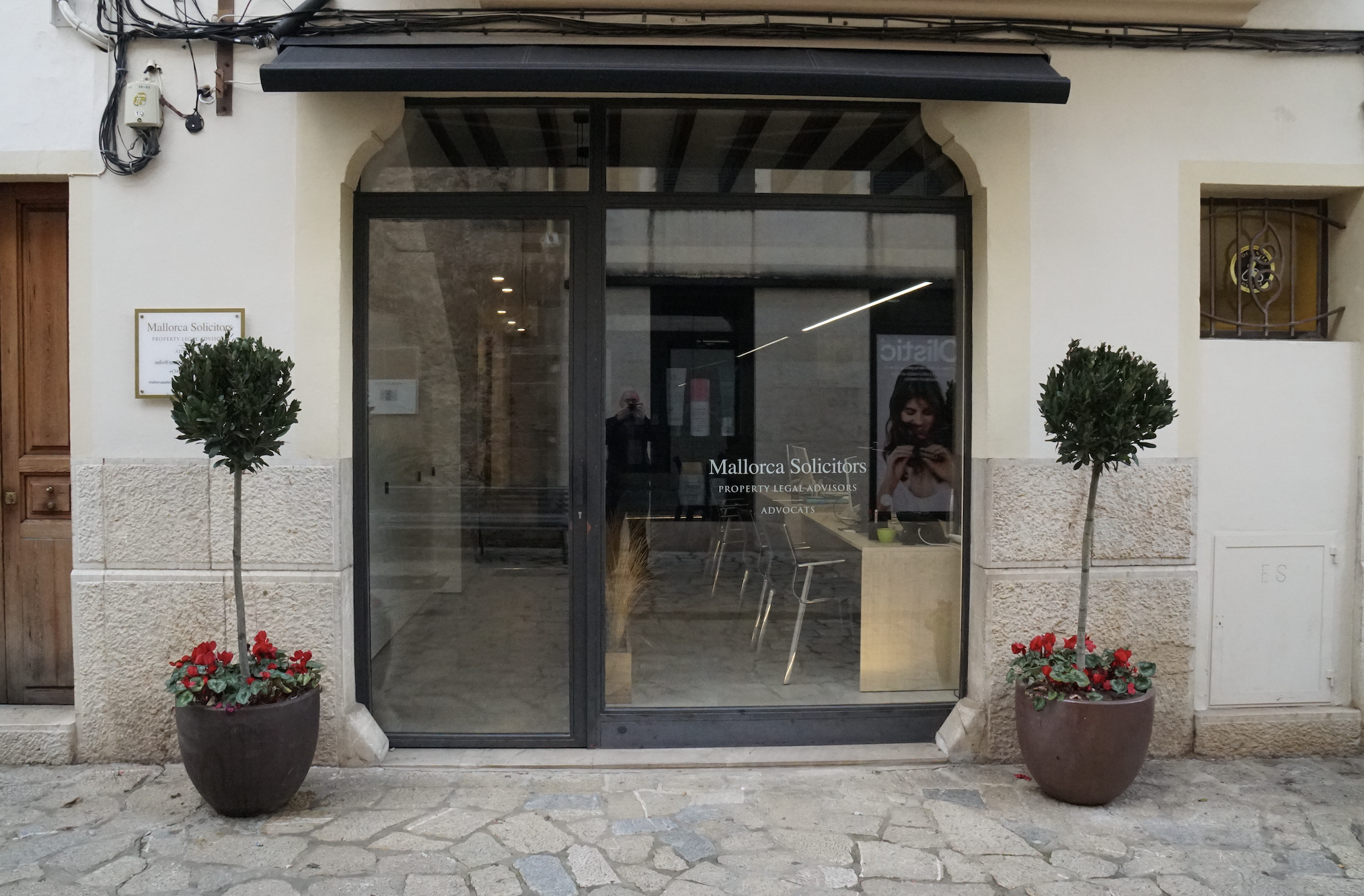
Does inheriting bare ownership of the home mean owning the property?
Inherit a bare property, a usufruct or a property in total. Successions sometimes raise many questions and when a bare property is received, the question arises as to how far that right goes and what exactly the beneficiary can do.
«Having bare ownership of a property means having ownership of the property, but not the right to use and enjoy it,» says Abel Marín, a lawyer and partner of one of the main law firms in the country, Marín & Mateo Abogados, and author of the book » Protect your inheritance ”, who adds that these rights fall on a usufructuary.
On many occasions, inheriting the bare property «is like not inheriting anything, because you have nothing, and you can die before the usufructuary», explains the lawyer. A good solution is to sell the bare property, which is viable when the beneficial owner is older.
This creates, explains Marín, «two legal figures in housing.» On the one hand, the bare owner owns the property as a liquid asset. «The bare owner is the owner of the home, but cannot carry out actions on it that have economic benefits,» explains the lawyer.
For its part, despite not owning the property, the usufructuary has the ability to make use of it economically. «This means that you can either reside in the house or rent it and collect the rent,» says the lawyer.
In addition, you have the obligation to return the home «in the same conditions in which you received it», which involves carrying out a detailed inventory of the state of the movable property.
This situation may seem not very advantageous for the bare owner, since the ownership of the property entails a series of expenses and they cannot economically exploit the house for the duration of the usufruct.
Bare property and inheritance
The formation of owner and usufruct knots is a figure widely used in successions. «The classic example is that of the widower who receives a usufruct of a home, while one of the children is the bare owner,» says Marín.
In this way, the jurist points out that, in general, in an inheritance a usufructuary is established because it wants to benefit a specific person and it is a common resource in successions so that, on the one hand, the living spouse continues to live in the property and the son receives the entire property upon his subsequent death.
In addition, he adds that «this can be formulated for life or for a number of years», after which the bare owner will become the full owner of the home.
On the other hand, the jurist points out that, despite the fact that inheritances are a very common way to create usufructs, they cannot be inherited, that is, when they are for life, they are extinguished with death. «The right of usufruct is personal and is extinguished with the death of the person,» says Marín.
Otherwise they are the temporary usufructs, which are extinguished by expiration of the agreed term, and therefore if the usufructuary dies, his heirs will enjoy the remaining time until its completion.
«What can be inherited is a house in bare ownership, that is, that has a usufruct in favor of a third party,» he adds. In addition, as Marín explains, the will can establish limitations on the usufruct itself. «It is common that the usufruct is formed exclusively to reside in the home, so it is expressly established that you can not rent it,» he says.













